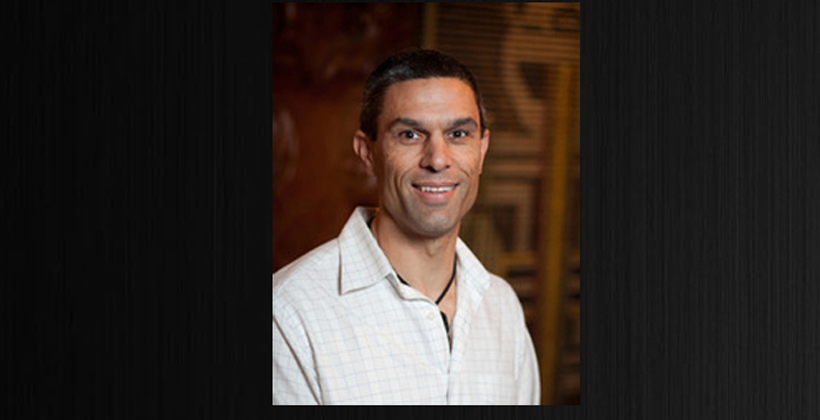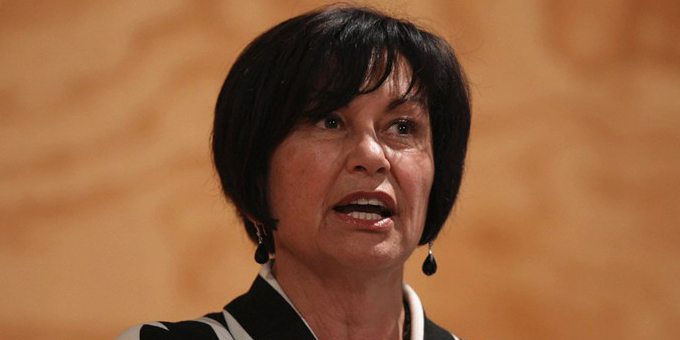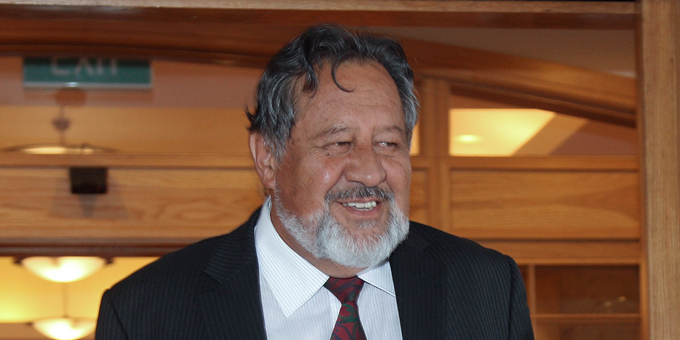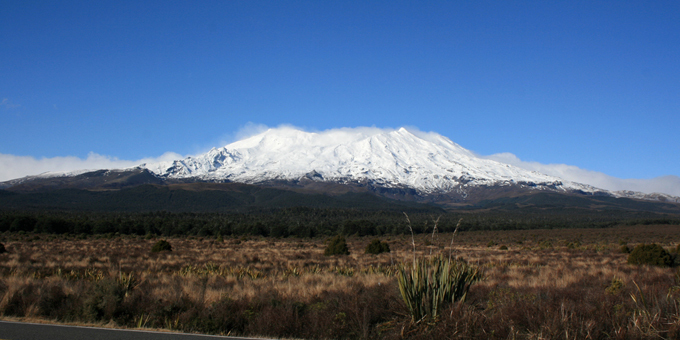November 12, 2013
Tikanga guidelines needed for birthing units

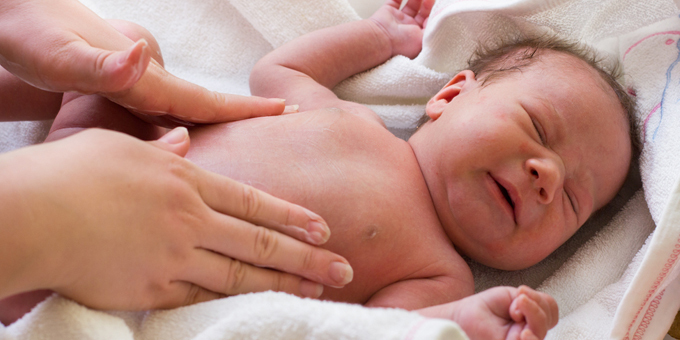
One of the authors of a new report on Maori experiences with maternity services says new developments in the sector have created opportunities for improvement.
Hapu Ora: Well-being in the Early Stages of Life was prepared by Massey University's Whariki research centre for the Ministry of Health and the Health Research Council to identify research priorities.
Helen Moewaka-Barnes says the literature review showed Maori women have less access to maternity care and lower levels of satisfaction with maternity services than most other women from other ethnic groups.
But interviews with stakeholders found experiences with birthing practice and afterbirth care were changing, particularly in rural birthing units.
"There is scope for improving these and perhaps having a lot more consistent practice, so potentially things like we know we have tikanga guidelines withing DHBs, but there could be tikanga guidelines developed for maternity services that really brought Maori concepts and Maori values and mana and respect and valuing on mana and whanau and birthing practices and concepts within that sphere and within those units and within those practices much more consistently," she says.
Professor Moewaka-Barnes says more research is needed on addressing societal conditions, supporting the mother and her baby and the whanau and improving services to ensure best practice maternity and newborn support for Maori mothers, their babies and families.
Copyright © 2013, UMA Broadcasting Ltd

